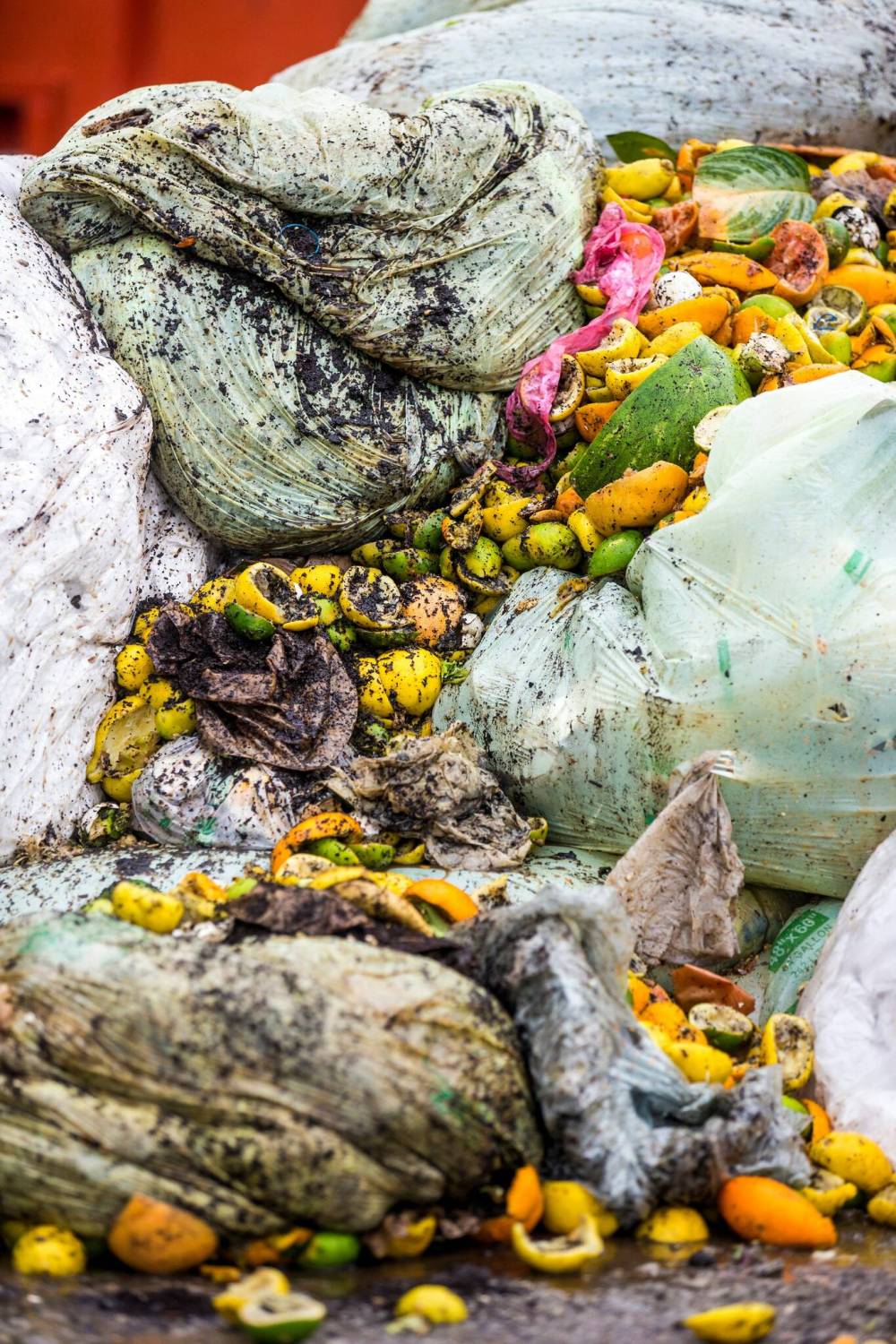A success story — but a very slow one
Advertisement
Read this article for free:
or
Already have an account? Log in here »
To continue reading, please subscribe:
Monthly Digital Subscription
$0 for the first 4 weeks*
- Enjoy unlimited reading on winnipegfreepress.com
- Read the E-Edition, our digital replica newspaper
- Access News Break, our award-winning app
- Play interactive puzzles
*No charge for 4 weeks then price increases to the regular rate of $19.00 plus GST every four weeks. Offer available to new and qualified returning subscribers only. Cancel any time.
Monthly Digital Subscription
$4.75/week*
- Enjoy unlimited reading on winnipegfreepress.com
- Read the E-Edition, our digital replica newspaper
- Access News Break, our award-winning app
- Play interactive puzzles
*Billed as $19 plus GST every four weeks. Cancel any time.
To continue reading, please subscribe:
Add Free Press access to your Brandon Sun subscription for only an additional
$1 for the first 4 weeks*
*Your next subscription payment will increase by $1.00 and you will be charged $16.99 plus GST for four weeks. After four weeks, your payment will increase to $23.99 plus GST every four weeks.
Read unlimited articles for free today:
or
Already have an account? Log in here »
Hey there, time traveller!
This article was published 28/11/2024 (365 days ago), so information in it may no longer be current.
There are things that occur that are a cause for optimism, or even celebration. There are other things that are a cause for concern.
And every now and then, something happens that provides a justification for both.
Consider, for instance, the revelation last week by the City of Winnipeg that public reaction to its just-launched food-waste diversion program has been so favourable that it has had to nearly double its capacity after just six weeks of operation.

MIKAELA MACKENZIE / WINNIPEG FREE PRESs fileS
The city compost program’s time has come.
The composting initiative, which was introduced on Oct. 15 and allows residents to drop off food waste and other organic materials at one of 15 locations at community centres and 4R depots, has already rerouted more than 22 tonnes of waste from landfills, according to data from Compost Winnipeg, which has been tasked with overseeing the program.
Instead of ending up in landfills where they contribute greatly to methane emissions, the collected compostables are taken to Prairie Green landfill where they are processed into remediation material used in the broader landfill process.
In revealing that several of the dropoff locations have had to double the number of available carts, Compost Winnipeg general manager Amanda Wolfe commended Winnipeggers’ early embrace of the program: “The public is responding very enthusiastically. … This to me, shows that Winnipeggers really want to compost.”
While her point is well taken, it must be stated that this relatively modest civic effort at residential composting — which allows those who are interested in participating to drop off materials at depots rather than employing regularly scheduled compost pickup as part of weekly waste collection throughout the city — can hardly be considered an innovative development.
It could fairly be argued that one of the things being recycled in the city’s self-congratulatory program-success declaration is the very idea that Winnipeggers are supportive of citywide composting collection. This much has been known by city council and administration for many years, and yet incremental action toward the establishment of a full-fledged organic-waste diversion effort has been agonizingly unhurried.
Winnipeg, one of the few major Canadian centres without a curbside composting collection program, has been dabbling and dithering with the idea for more than a decade. A 2019 report indicated fully that 44 per cent of the city’s waste stream is comprised of food waste from single-family households; a 2020-22 pilot project involving residential compost pickup in five selected neighbourhoods was well received and resulted in a recommendation that the practice be expanded citywide.
A public-engagement effort last year showed 89 per cent of respondents in favour of curbside compost collection, with 80 per cent saying they would participate in such a program. And yet, armed with all this (and more) information, the best the city could come up with was a plan to begin charging ratepayers a $9 per-resident annual fee to support the purchase of organic-waste carts with the intention they will be, both figuratively and literally, rolled out in 2030.
Simply put, that’s an alarming absence of urgency for a program whose cost/benefit implications are glaringly obvious. As has often been the case hereabouts, a paralysis-by-analysis mindset has prevented Winnipeg from embracing that which has been common practice elsewhere for decades. Halifax, by comparison, has had curbside compost collection since 1998.
So yes, it’s good news that Winnipeggers have embraced this city’s middling effort to drag its waste-collection practices into the 21st century.
But a quarter of the 21st century has passed; the fact still another half-decade will elapse before this city implements a serious composting program is very much cause for concern.





